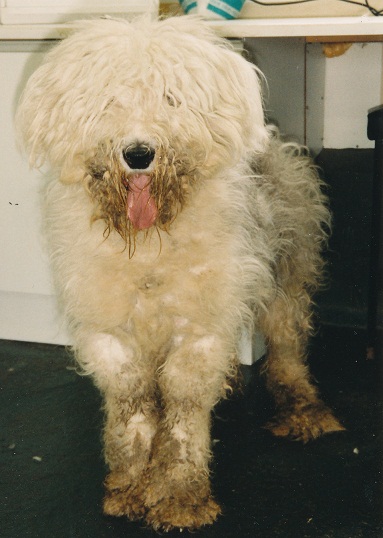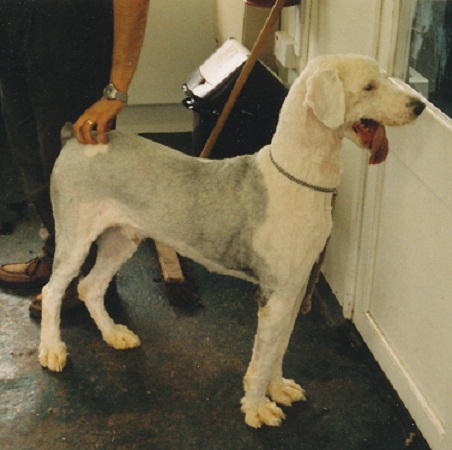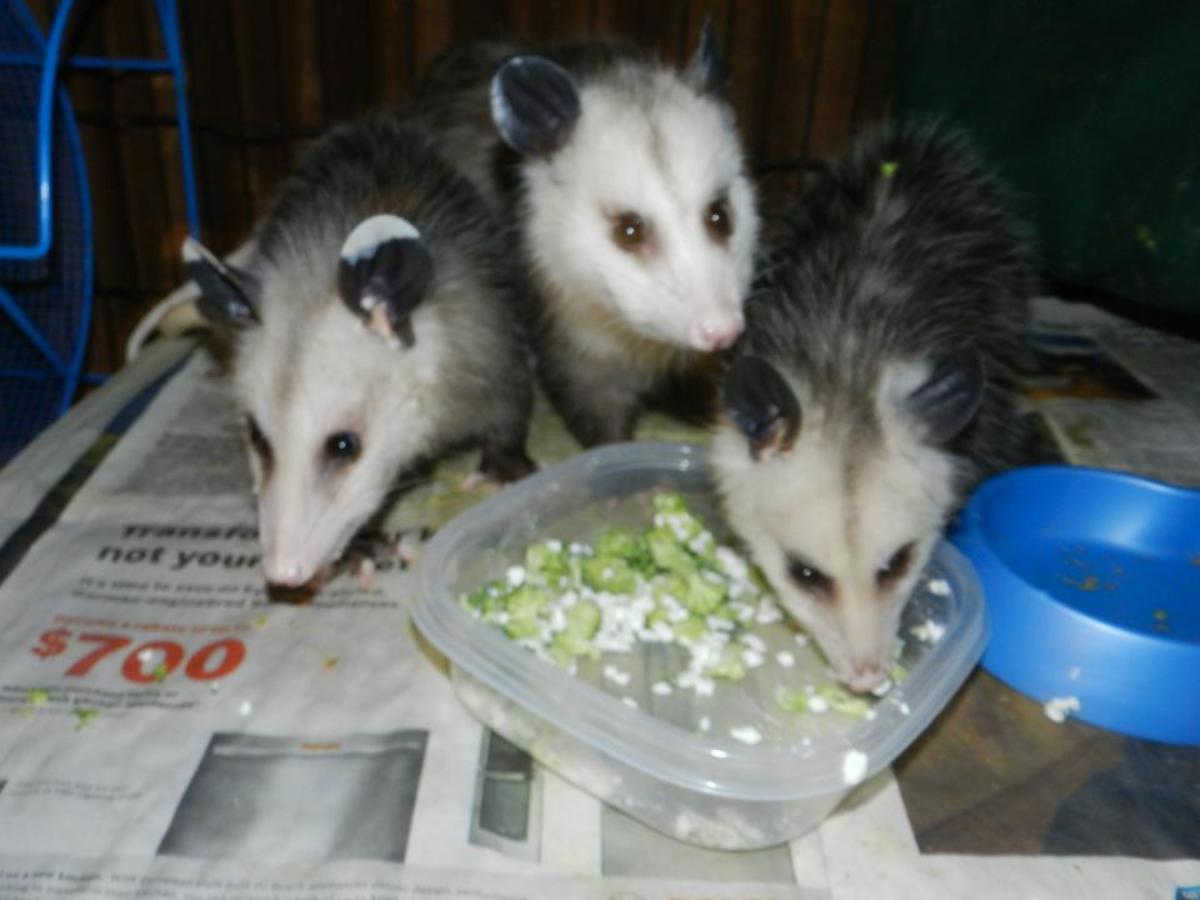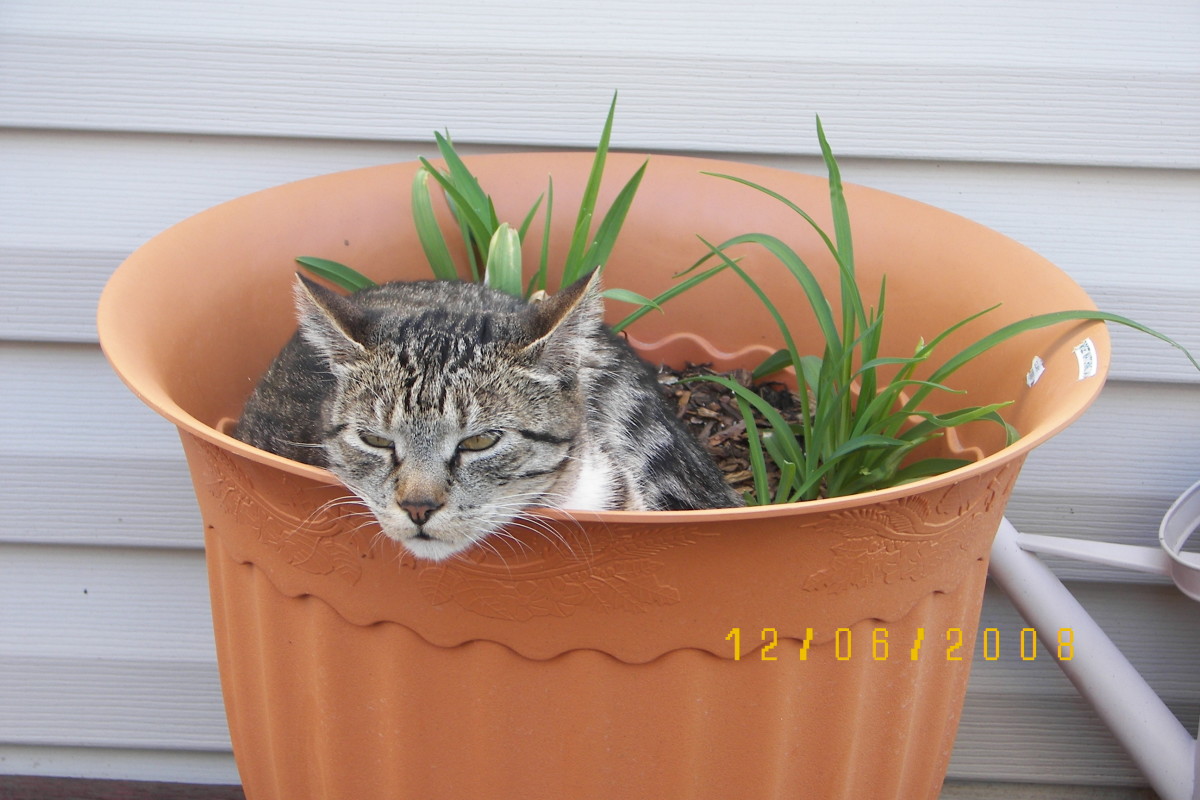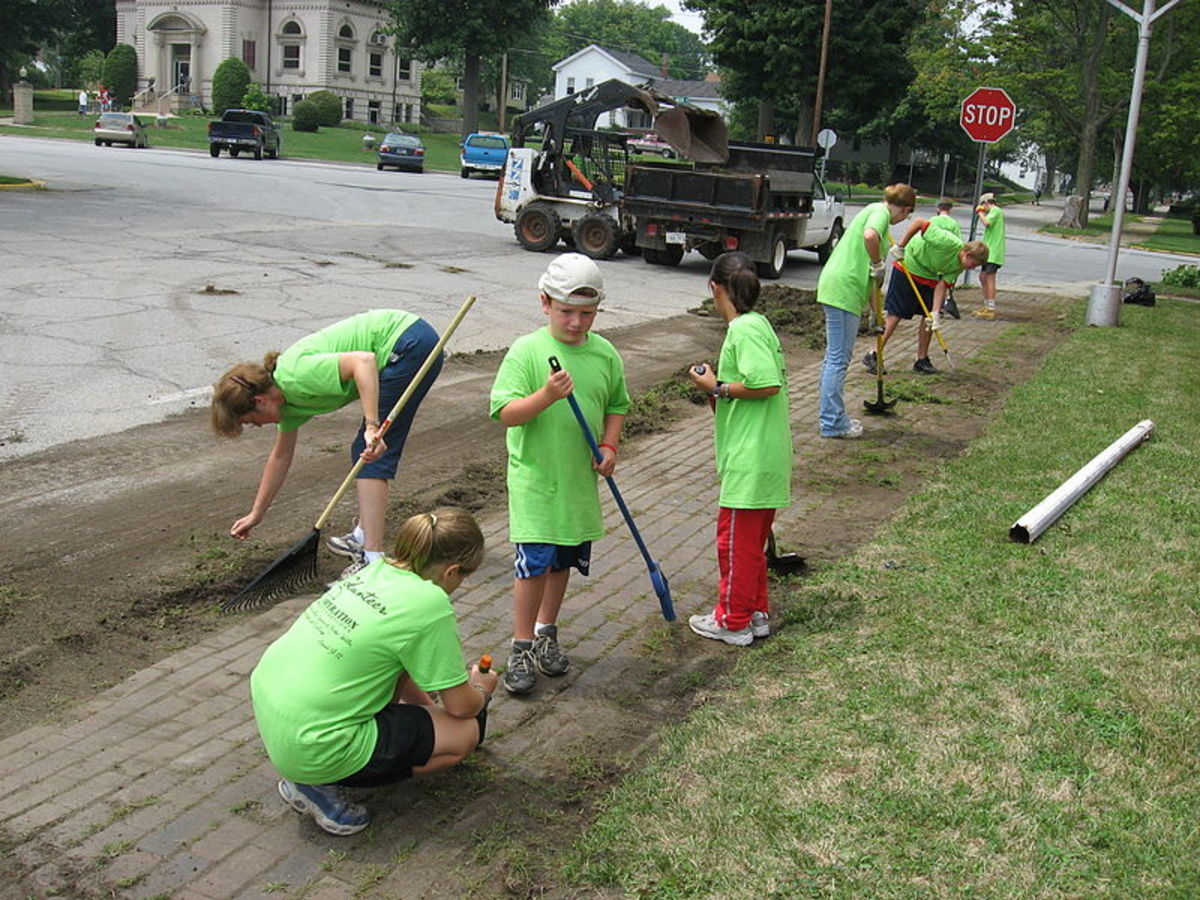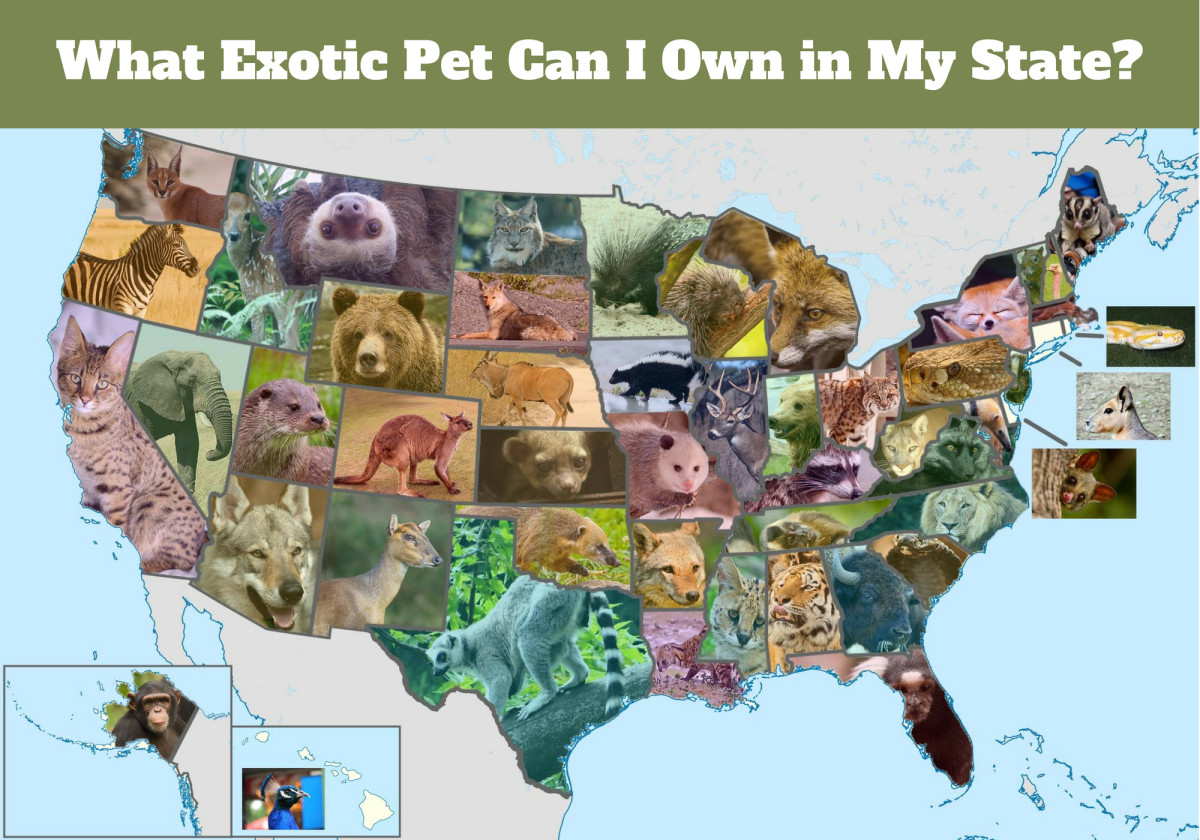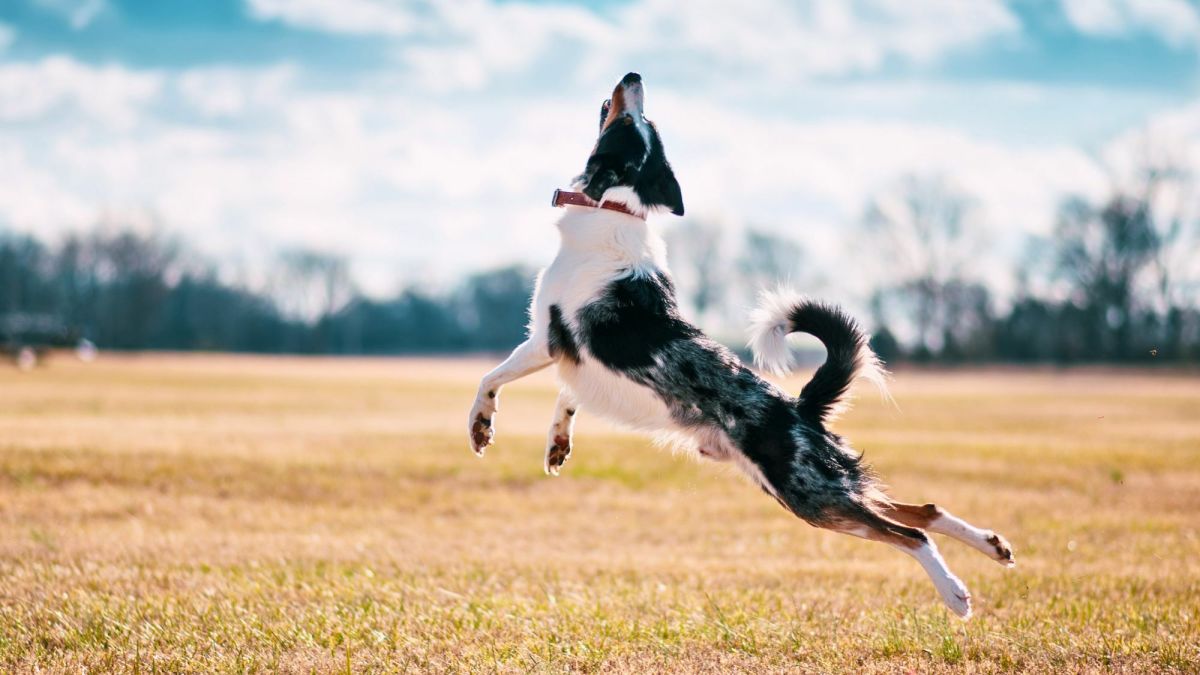Volunteer with Animals
Volunteering with animals can be heart breaking, dirty and very unglamorous but it may end up being the most enjoyable and worthwhile part of your week too. This article should give you some ideas of the sort of opportunities that come up for volunteering with animals, both domestic and wild, and perhaps some of the pitfalls to look out for. I have experience of volunteering with animals in a variety of capacities. Most recently I have been a volunteer dog walker with the RSPCA and contributing data to projects with the Bee Conservation Trust.
Some of the opportunities - such as fundraising or helping to maintain an animal charities website may not afford much interaction with the animals themselves, but is just as vital a contribution.
Unfortunately if you are under 16 you may find that the opportunities are limited due to many organisations not having the manpower to supervise younger people adequately.
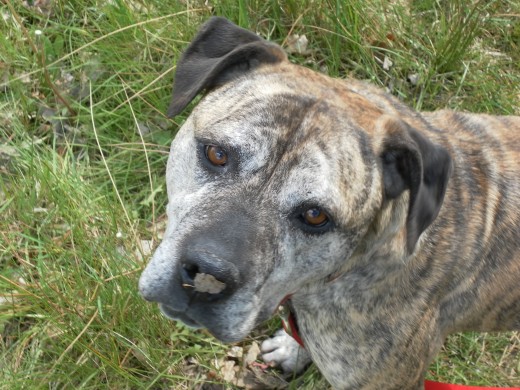
Volunteering with Pet Animals
Volunteer Activities include:
Fostering - you look after a homeless animal in your own home. Usually the charity responsible for the animal will cover vet's bills and you cover the cost of feeding. A downside and upside of fostering is that many fosterers become failed fosterers when they become to attached to part with the animal.
Dog walking/socialisation - You exercise the dogs from the charities premises or you may go in to help socialise a litter of puppies for example. The charity should start you off with easy dogs and see how you do. You can opt not to walk large dogs for example if you don't feel strong enough or confident. You must make sure you are up to date on your tetanus vaccination in case of dog bites.


Grooming - Horse rescue charities may appreciate help with grooming their horses. Basic training is usually available, but it may help if you have some experience of handling horses or donkeys. If you are a professional dog groomer your help might be welcomed with dogs who come into rescue in a very poor state of grooming.
Cleaning Out - where ever there are animals there is cleaning out to be done. Most animal charities will welcome your help with this task. It's rewarding having a nice row of clean pens for the animals to make use of.
Home Checking - This is a task with quite a bit of responsibility. You go out to homes and assess their suitability for a pet, following the charity's guidelines. You need to follow the guidelines closely even if you don't 100% agree with all of them.
Education - you might go round schools and other groups talking about the charity's role to gain some support for it or educating people about an aspect of animal care, for example, why it is important to spay or neuter pet dogs.
General Maintenance or gardening - a charity might be very grateful for your help if you are capable at carrying out general maintenance tasks such as fixing leaking pipes or offer to help keep the premises tidy. Although this won't bring you into direct contact with animals you will still be helping them.
Pet Animal Volunteer Opportunities
Organisation
| Location
| Opportunities
| Species
|
|---|---|---|---|
http://www.rspca.org.uk/getinvolved
| UK nationwide
| Dog walking, fund raising, cleaning out
| Potentially any species
|
http://www.coonhoundrescue.com/FOSTER.html
| USA nationwide
| Fostering
| Dogs
|
http://www.happa.org.uk/about-happa/get-involved/
| UK lancashire, Forest of Dean
| Education, fund riasing, home visits
| Horses, Donkeys
|
http://www.aspca.org/Home/Aspca-nyc/volunteer
| USA New York
| Assisting potential adopters, socialising animals, fostering
| Dogs, cats
|
http://www.userl.org/userl-volunteer.html
| USA nationwide
| Grooming,training, office work, fund raising
| Horses, donkeys
|
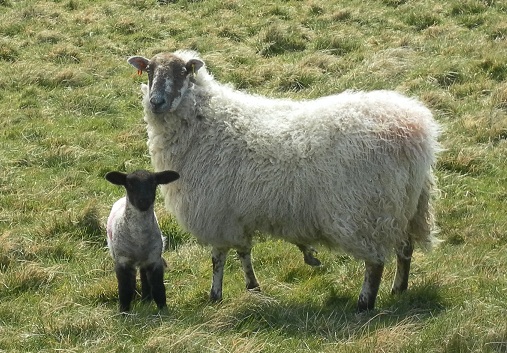
Volunteering with Livestock
Opportunities include:
Education - for example talking to groups to highlight the conditions and distances traveled of animals being transported for slaughter or helping out on a city farm and teaching children how to care for livestock and where their breakfast milk comes from.
Cleaning out - City farms may have opportunities for you to be involved directly with the care of farm livestock. WWOOF offers accomodation and food on small organic farms throughout the world in exchange for your help with the farm work.
Stewarding - livestock breed and rare breed societies may have opportunities for you to volunteer as a steward at a shows if you have an interest in livestock.
Volunteer Opportunities with Livestock
Organisation
| Location
| Opportunities
| Species
|
|---|---|---|---|
https://www.rbst.org.uk/support-groups
| UK Nationwide
| Contact individual support groups for info
| Rare breeds livestock
|
http://brinsleyanimalrescue.org/volunteering/
| UK Nottinghamshire
| Cleaning out, home checks, fund raising
| Livestock, also pets and some wildlife
|
http://www.goatsave.org/
| USA Washington
| cleaning out, grooming, milking, general maintenance
| Goats
|
http://www.wwoof.org/
| Worldwide
| Cleaning out, Milking, general farm work
| Livestock and farm crops
|
http://www.stonebridgecityfarm.com/we_offer/placements-and-volunteering/volunteering
| UK Nottinghamshire
| Cleaning out, grooming, education, gardening
| Livestock and garden crops
|
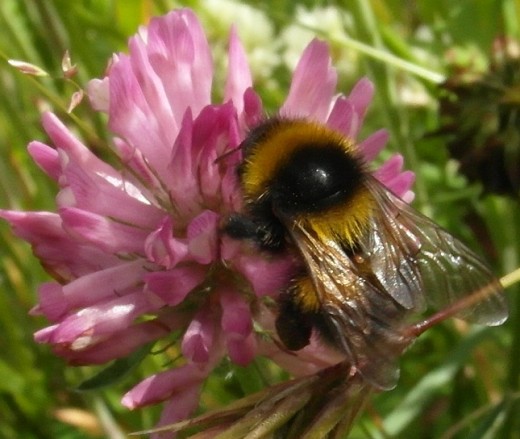
Volunteering with Wildlife
Opportunities include:
Wardening - You may take a regular shift as a volunteer warden at a local wildlife/nature reserve or use some of your holiday to spend a week or longer at a nature reserve further afield. There are companies which offer volunteer opportunities abroad at a price. You should evaluate these carefully. Whilst they may provide you with an interesting experience they are not always hugely valuable in terms of conservation or what is acheived.
Contributing data - information on wildlife distribution and behaviour coming from 'amateur naturalists' such as ourselves is proving increasingly useful to wildlife conservation charities. A lot now have projects to which you can contribute data about species you've seen in your garden for example.
Education - you could be giving talks to groups in schools or showing groups around your local reserve and pointing out species and signs of wildlife activity.
Habitat creation and maintenance - what we think of as wild often needs a surprising amount of care to stay that way. You might get involved in tree planting, litter picking, weeding out non native plant species or creating footpaths.
Care and rehabilitation - There aren't huge numbers of opportunities to get involved with the care of wildlife on a voluntary basis, but if you have a nearby wildlife rescue you could ask if you can help. If you own an area of land which would be suitable for the release of a group of hand reared foxes for example you might be welcomed with open arms.
Organisation
| Location
| Opportunities
| Species
|
|---|---|---|---|
http://www.carolinawaterfowlrescue.com/vol.html
| USA, Noth Carolina
| Cleaning out, transport, home checks, education
| Wildfowl and domestic poultry
|
http://www.valewildlife.org.uk/#/volunteering/4539532964
| UK Gloucestershire
| Cleaning out, feeding, general maintenance, fund raisin, transport
| All UK wildlife
|
http://www.twrcwildlifecenter.org/volunteer/
| USA Texas
| Education, phone answering, baby bird care, animal rehab
| All Texan wildlife
|
http://www.lancswt.org.uk/get-involved/volunteer-2
| UK Lancashire
| Habitat management, education
| UK wildlife and plants
|
http://www.wwt.org.uk/visit/martin-mere/volunteer/
| UK nationwide
| Education, wardening, general maintenance
| UK and international Wildfowl
|
http://www.nps.gov/getinvolved/volunteer.htm
| USA nationwide
| Education, wardening, habitat and general maintenance
| All USA wildlife and plants
|

